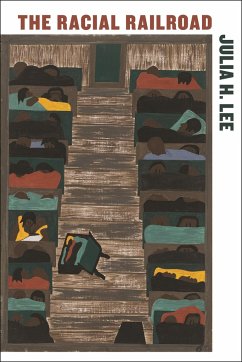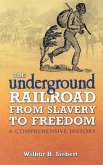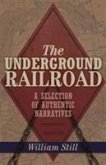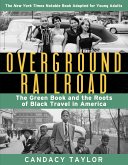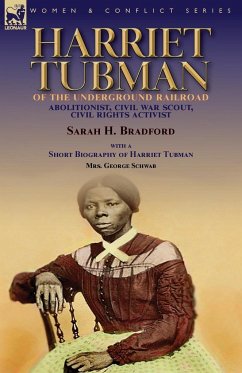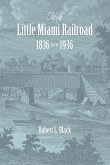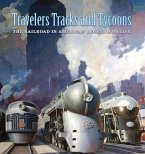"The Racial Railroad argues the train has been a persistent and crucial site for racial meaning-making in American culture for the past 150 years. This book examines the complex intertwining of race and railroad in literary works, films, visual media, and songs from a variety of cultural traditions in order to highlight the surprisingly central role that the railroad has played - and continues to play - in the formation and perception of racial identity and difference in the United States. Despite the fact that the train has often been an instrument of violence and exclusion, this book shows that it is also ingrained in the imaginings of racialized communities, often appearing as a sign of resistance. The significance of this book is threefold. First, it is the only book that I'm aware of that examines the train multivalently: as a technology, as a mode of transportation, as a space that blurs the line between public and private, as a form of labor, and as a sign. Second, it takes a multiracial approach to cultural narratives concerning the railroad and racial identity, which bolsters my claim about the pervasiveness of the railroad in narratives of race. It signifies across all racial groups. The meaning of that signification may be radically different depending upon the community's own history, but it nevertheless means something. Finally, The Racial Railroad reveals the importance of place in discussions of race and racism. Focusing on the experiences of racialized bodies in relation to the train - which both creates and destroys places - secures a presence for those marginalized subjects. These authors use the train to reveal how race defines the spatial logics of the nation even as their bodies are often deliberately hidden or obscured from public view"--
Hinweis: Dieser Artikel kann nur an eine deutsche Lieferadresse ausgeliefert werden.
Hinweis: Dieser Artikel kann nur an eine deutsche Lieferadresse ausgeliefert werden.

